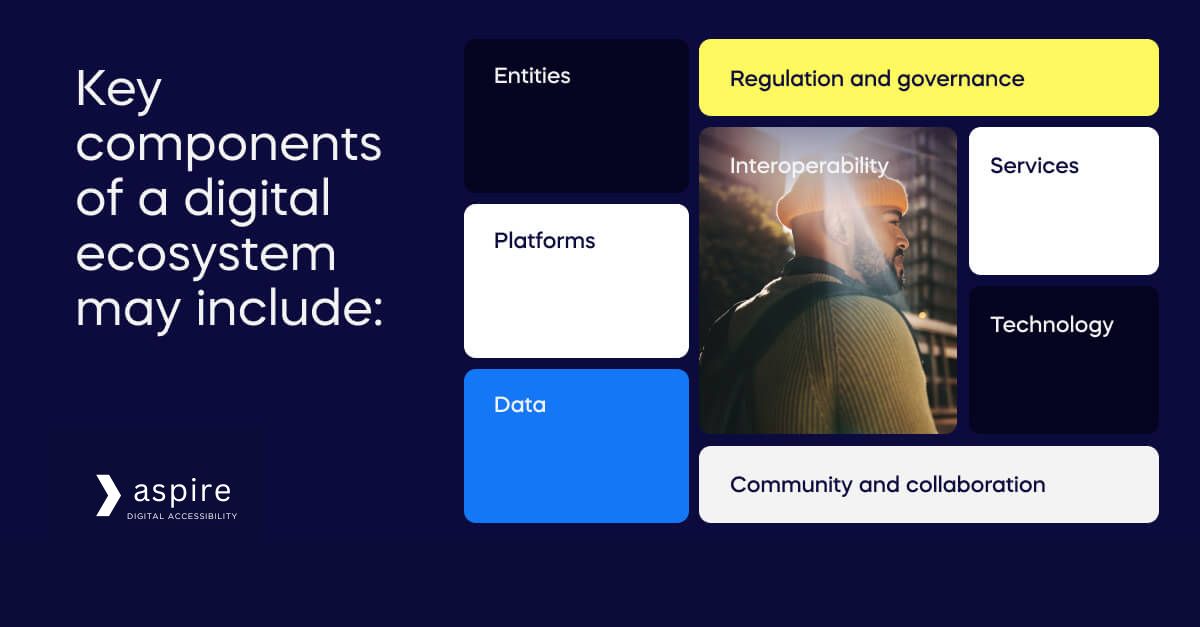Large corporations rapidly encounter a dilemma when they investigate novel revenue streams and business models based on data. One way or another, they may greatly expand the number and value of possible use cases by merging data from various sources with the data they control. Yet, sharing data also raises questions about lost value, untapped potential, and misuse of trust. Often, the corporations decide not to move forward because the possible risks—which are usually easier to identify—seem to exceed the potential rewards, which are frequently more far-off and opaque. Though regrettable, this makes sense, and it is needless.
The sharing of data, especially the massive amounts of data produced by the Internet of Things, has become a significant and valuable business endeavor. It may support the development of new business models, spur innovation, and address some of the most important issues facing society, like improving the efficiency and livability of cities. Data ecosystems that include several parties both inside and outside of a company’s industry enable data exchange. The ambiguous value of data at the point of generation and the requirement for collective intelligence to locate and pair users with possibilities for value creation are two significant obstacles to data sharing that these ecosystems can overcome.
Elements of successful data ecosystems
Data ecosystems have the capacity to produce substantial benefits. But creating an ecosystem usually has high entrance hurdles, so businesses need to be aware of the terrain and the roadblocks. The most challenging aspects to resolve are usually figuring out the optimal business plan to bring in money for the conductor and guaranteeing involvement.
Businesses need to be mindful of competition regulations as they seek to allow data pooling and reap its benefits. Businesses that consent to share technology, data, and collection techniques with one another limit access for other businesses, potentially creating anti-competition issues. Executives also need to make sure that privacy issues are addressed, as these can vary depending on the area.
To establish and develop an ecosystem, additional skills and resources are required. For instance, companies need to foster a friendly environment and provide career chances in order to attract and hire tech expertise and professionals. Maintaining the ecosystem and paying for data migration efforts would also need large sums.




